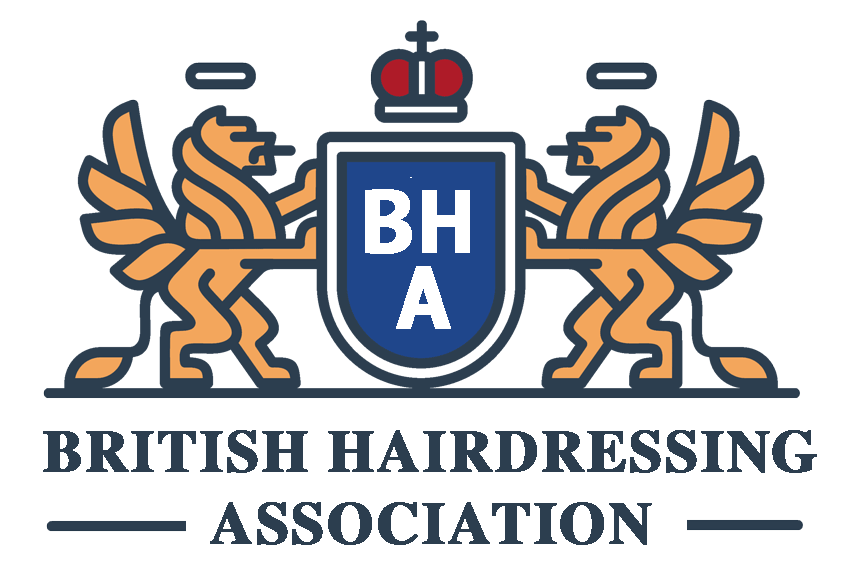Stay Ahead of the Game: Understanding Licensing Requirements and Certification for Hairdressers in Various UK Regions
Introduction
Being a hairdresser in the UK is a rewarding and creative career choice. But, just like any other profession, there are licensing requirements and certifications that need to be met. Each region in the UK may have slightly different rules and regulations in place. To stay ahead of the game, it’s essential to understand these requirements thoroughly. This article aims to provide an overview of licensing and certification for hairdressers in various UK regions.
Why Licensing and Certification Matter
Licensing and certification demonstrate a hairdresser’s competence and professionalism in the industry. These requirements not only ensure that hairdressers have the necessary skills to perform their job effectively but also protect the safety and well-being of clients. By having the appropriate licenses and certifications, hairdressers can build trust with their clients and stand out in a competitive market.
Licensing Requirements in England
In England, hairdressers operating their own business or managing a salon must hold a Hairdressers’ License. This license is issued by local authorities and requires hairdressers to meet specific qualifications, which usually includes completing a Level 3 hairdressing course. Additionally, individuals offering hairdressing services on a mobile basis are required to obtain a Street Trading License.
Licensing Requirements in Scotland
In Scotland, hairdressers also need to meet specific licensing requirements. The City and Guilds Hairdressing Qualification is typically necessary to work as a hairdresser. Additionally, individuals offering mobile hairdressing services require a Pedlar’s Certificate, which can be obtained from the local police department.
Licensing Requirements in Wales
Similarly, hairdressers in Wales must meet certain criteria to obtain a license. The most commonly recognized qualification is the City and Guilds Level 2 or 3 Diploma in Hairdressing. Additionally, hairdressers may need to obtain a Pedlars Certificate if they offer mobile services.
Licensing Requirements in Northern Ireland
In Northern Ireland, hairdressers must obtain a Hairdressers’ Certificate to legally operate. The Certificate can be obtained through completing a City and Guilds Hairdressing course or an NVQ Level 2 in Hairdressing. Mobile hairdressers must also apply for a Pedlar’s Certificate.
Continuing Education and Certification
Aside from licensing requirements, hairdressers in the UK are encouraged to undertake continuous professional development (CPD). This may involve attending courses, seminars, workshops, or industry conferences. By keeping up-to-date with the latest trends, techniques, and health and safety guidelines, hairdressers can provide the best possible service to their clients.
Conclusion
Understanding the licensing requirements and certifications for hairdressers in various UK regions is crucial for success in the industry. By obtaining the necessary licenses and certifications, hairdressers can demonstrate their skills, professionalism, and commitment to client safety. It’s also important to stay updated with industry advancements through continuous professional development. By staying ahead of the game, hairdressers can build a strong reputation and stand out in the competitive field of hairdressing.


